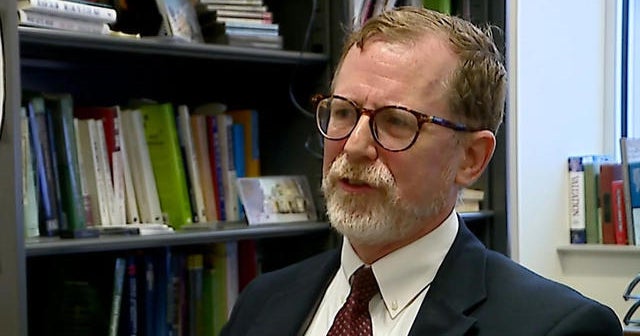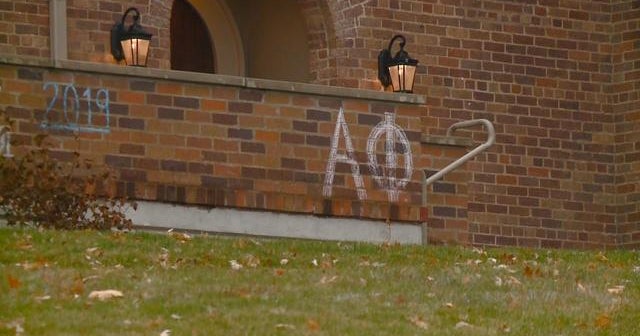Shocking School Violence: 16-Year-Old Allegedly Stabs Classmate at Fort Lee High
A 16-year-old student at Fort Lee High School in New Jersey faces serious charges after allegedly stabbing a classmate multiple times during school hours on Wednesday. The victim, also a teenager, was rushed to a nearby hospital with non-life-threatening injuries. The incident has reignited debates about school safety protocols and the root causes of youth violence in educational settings.
Details of the Fort Lee High School Stabbing Incident
According to Fort Lee Police Chief Matthew Hintze, the altercation occurred around 11:30 a.m. in a hallway between classes. Witnesses reported hearing shouts before seeing the victim collapse, bleeding from multiple wounds. School staff administered first aid until paramedics arrived. The suspect was apprehended within minutes and is currently in juvenile custody.
Authorities have not released the names of either student due to their ages, but confirmed the weapon was a folding knife. “This was not a random act,” Chief Hintze emphasized during a press briefing. “The two students had a prior disagreement, though the exact motive remains under investigation.”
School Violence Statistics Paint a Troubling Trend
While shocking, the Fort Lee incident reflects broader concerns about youth violence in U.S. schools:
- The CDC reports 7% of high school students nationwide carried a weapon on school property in 2021
- School-associated violent deaths increased by 60% between 2010 and 2020 (National Center for Education Statistics)
- 1 in 5 students report bullying experiences, a known risk factor for violent escalation
Dr. Elena Martinez, a child psychologist at Columbia University, notes: “We’re seeing younger adolescents resort to extreme violence to resolve conflicts. Many lack coping mechanisms and access to mental health support—schools need trauma-informed approaches.”
Community Reactions and School Safety Measures
Fort Lee Superintendent Dr. Sharon Amato announced an immediate review of security protocols, including:
- Increased random bag checks
- Additional conflict resolution training for staff
- A district-wide mental health awareness campaign
Parent reactions have been mixed. “How did a knife get past security?” demanded Maria Chen, whose sophomore attends the school. Others, like David Reynolds, cautioned against overreaction: “Metal detectors won’t fix underlying issues—we need better counseling programs.”
Legal and Psychological Implications of Youth Violence
The accused teen could face aggravated assault charges, though prosecutors must decide whether to try the case in juvenile or adult court. New Jersey law permits adult charges for violent offenses by minors as young as 14.
Forensic psychologist Dr. Ian Kessler explains: “Adolescent brains aren’t fully developed—impulse control and consequence assessment are still forming. But accountability must balance with rehabilitation opportunities.” Studies show teens tried in adult courts have 34% higher recidivism rates than those in juvenile systems.
Preventing Future School Violence: Expert Recommendations
Education and law enforcement experts suggest multi-pronged strategies:
- Early intervention: Identify at-risk youth through behavioral warning signs
- Restorative justice programs: Reduce suspensions by addressing conflict roots
- Anonymous reporting systems: Let students report concerns without fear
Research from Johns Hopkins indicates schools implementing social-emotional learning (SEL) programs see up to a 42% decrease in physical altercations.
Moving Forward: A Call for Community Action
The Fort Lee incident serves as a sobering reminder that school safety requires vigilance beyond physical security measures. Upcoming school board meetings will address policy changes, while victim advocates push for stricter weapon possession penalties.
As the community grapples with this trauma, local organizations are organizing forums on youth mental health. “Violence prevention starts with listening to our kids,” urges Pastor Liam O’Connor of Fort Lee United Methodist Church, whose youth group will host a peace vigil this weekend.
For parents and educators seeking resources, the National Association of School Psychologists offers free toolkits on violence prevention strategies. Collective action—not just reaction—may be the key to safer schools.
See more TED Talks World



